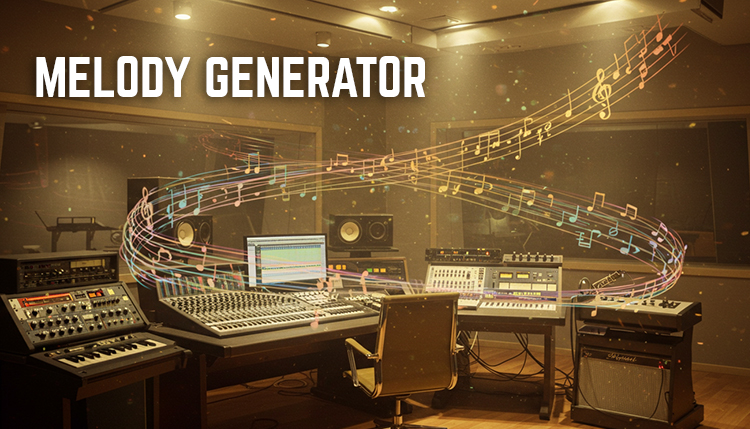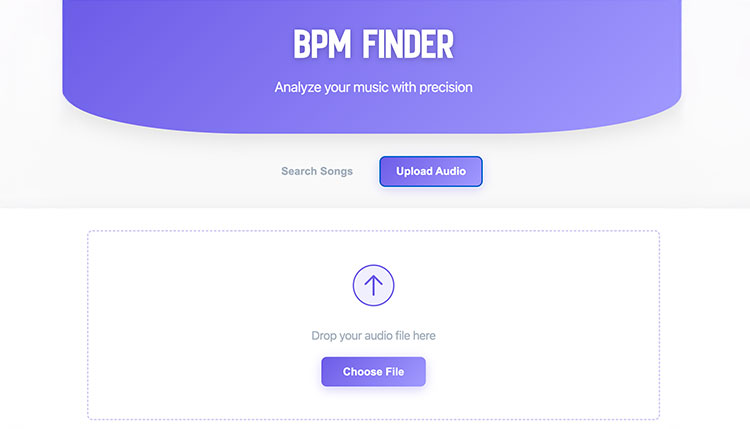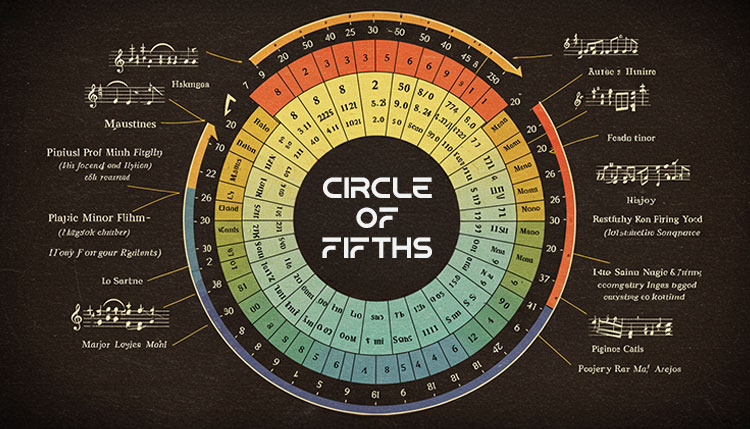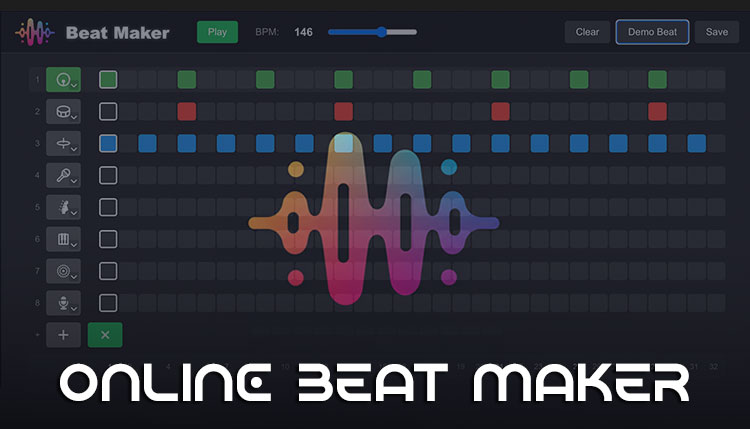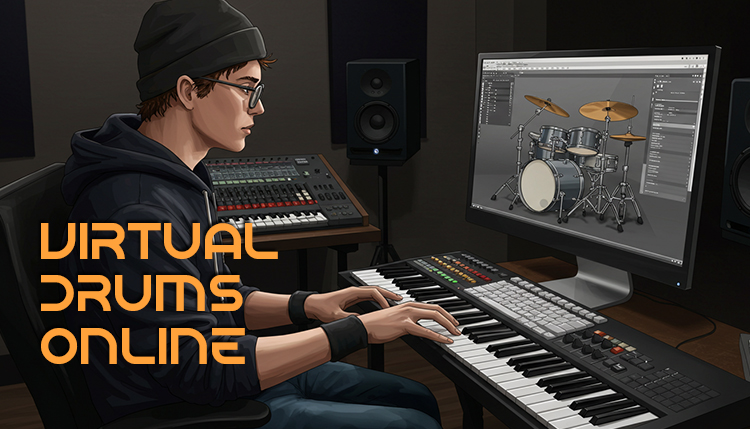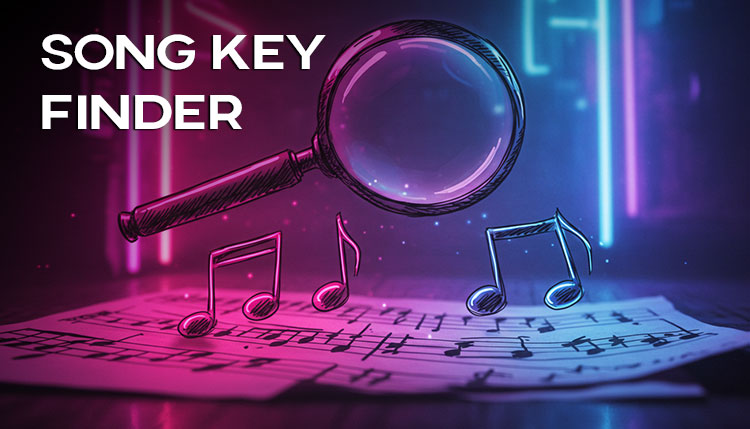Imagine this: you’ve got a melody in your head, but you can’t quite play it on an instrument. Now, in 2024, you don’t have to!
Melody generators are like magic wands for musicians, turning your brainwaves into actual tunes in no time.
These tools aren’t just for pros; they’re for anyone who’s ever hummed a tune in the shower.
Did you know that more than 60% of modern music producers now use AI to help compose?
According to Rolling Stone AI is revolutionizing the music industry.
Yep, it’s true! These melody generators can kickstart your creativity, speed up your composition process, and even help you break through those pesky writer’s blocks.
Let’s dive into how you can make the most out of this awesome tech.
What is a Melody Generator?
A melody generator is software that uses algorithms or AI to create musical phrases or complete melodies.
Think of it as your digital sidekick for songwriting.
Here’s the lowdown:
- Definition and Basic Functionality: At its core, a melody generator takes inputs like scale, key, or mood, and spits out sequences of notes that sound good together. It’s like having a tiny composer in your computer!
- How AI and Algorithms Create Melodies: These programs use complex math (but don’t sweat it, you don’t need to know that stuff!) to mimic human creativity. They analyze patterns in music, learn from them, and then generate new melodies that fit your style or mood.
- Customization: You can tweak everything from the rhythm, tempo, to the emotional vibe of the melody. It’s like having a custom melody shop where you pick what you want.
- Ease of Use: Most melody generators are designed to be user-friendly. Even if you’re not tech-savvy, you can navigate through them, thanks to intuitive interfaces.
Benefits of Using Melody Generators
Why waste time when you can use these tools to boost your music game? Here’s why they’re a game-changer:
- Speed Up Composition Process: No more staring at your instrument for hours. With a melody generator, you can produce several melody ideas in minutes, not days.
- Enhance Creativity and Break Creative Blocks: Sometimes, you just need a nudge. These tools can give you that, offering fresh ideas when your own well seems dry.
- Access to a Wide Range of Musical Styles: Whether you’re into jazz, pop, or something more avant-garde, there’s likely a preset or mode for that in melody generators.
- Learning Tool: For beginners, these generators can be educational, showing how different musical elements combine to form a melody.
- Collaboration: You can share these generated melodies with bandmates or producers, speeding up the collaborative process.
Top Melody Generator Software in 2024
With so many options, which one should you pick?
Here’s a quick guide:
- Leading Tools: Amper Music, AIVA, and Orb Composer are leading the charge with their AI capabilities.
- Feature Comparison: Look for software with a user-friendly interface, high-quality sound outputs, and extensive customization options.
- Amper Music: Known for its ease of integration with existing DAWs and its vast sound library.
- AIVA: Stands out for its ability to generate music that feels composed by a human.
- Orb Composer: Great for those who like to dive deep into the settings for unique compositions.
- User Feedback: Check reviews on platforms like Reddit or music production forums. Real user experiences can guide your decision.
- Budget: Some are free with basic features; others offer premium versions for more advanced users.
Use our Free Melody Generator
How to Choose the Right Melody Generator
Picking the right tool can be as crucial as choosing your instrument:
- Ease of Use: If you’re new to this, you want something straightforward.
- Integration with Existing DAWs: Ensure it plays nice with your current setup, like Ableton or Logic Pro.
- Sound Libraries: A broad library means more possibilities for your compositions.
- Genre and Style Compatibility: Some generators excel in certain genres. Make sure it vibes with your music style.
- Cost: Balance between what’s free and what’s worth paying for based on your needs.
- User Reviews: Always read up on what others say. This can save you from buying into hype.
Integration with Music Production Workflows
Here’s how to weave melody generators into your music-making:
- Incorporating Generated Melodies: Use them as starting points or fill-ins. You can tweak or build upon these melodies.
- Live Performances: Some tools allow for real-time melody generation, perfect for improvisation.
- Collaboration: Share generated melodies as MIDI files for others to work with.
- Practical Tips:Start with a simple melody and evolve it.
- Use generators for inspiration, not just as a crutch.Experiment by combining generated melodies with your own compositions.
Case Studies: Success Stories
Real-world examples can be inspiring:
- Artists Using Melody Generators: Notable producers like David Guetta have mentioned using AI in their process.
- Impact on Music: They’ve shared how these tools helped them explore new sounds or speed up production.
- Analysis: Looking at how these artists integrated AI can give you ideas on how to do the same.
- Educational Moment: It shows that even big names use tech to enhance, not replace, their creativity.
Conclusion
Melody generators are not just about making music; they’re about expanding your creative horizons.
They’re tools that can take you from a basic tune to something unique and personal.
In 2025, these tools are more accessible and sophisticated than ever, making them invaluable for anyone looking to compose music.
Whether you’re a pro or just starting, give one a try.
Customize it to your style, integrate it into your workflow, and watch how it transforms your music production.
Remember, the best melodies often start with a little help from technology.
Now go out there and make some awesome music!

